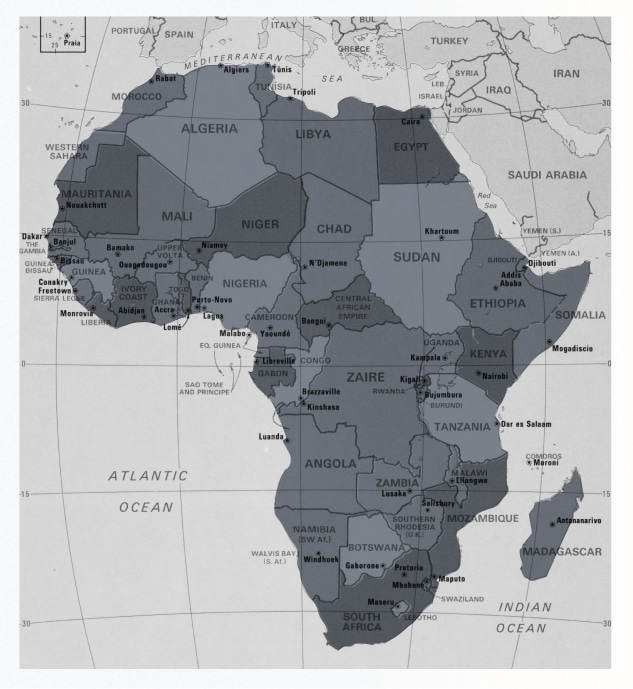Market Spotlight: South Africa



-
South Africa is ranked #84 out of 190 countries on the ease of doing business ranking according to the latest poll.
-
The 25th largest country in the world, South Africa is an attractive option for opening a business because of its well-established infrastructure, developed industries, and growing tourism sector.
-
Compared to the rest of the African continent, South Africa is the most advanced and broad-based economy. It offers exporters and investors a diverse and mature economy and preferential access to export markets across the EU and throughout the Southern African Development Community (SADC).
-
Boasting a strong democracy with transparent and democratic elections, South Africa’s business environment is conducive to the risk tolerance of U.S. investors.

-
If you determine South Africa fits into your investment strategy, it is a good place to begin doing business in Africa and is often a “stepping stone” to the rest of the continent.
-
South African business etiquette is similar to that of conservative Western businesses, though local variations are more common in rural regions. It’s important to research local customs when traveling outside urban business centers.
-
Always arrive on time (or slightly in advance) for meetings and confirm the appointment a day in advance.
-
Locals appreciate efforts made to learn about the culture and networking is vital to create meaningful business relationships. Attending meals and outings (e.g., golfing) are common to building strong business relationships.

-
Labor in South Africa is not as readily available and affordable as in other African nations. Only 58.60% of South Africa’s population comprise the labor force participation rate.
-
Higher labor costs in South Africa directly correspond to recently slowing economic growth and systemic unemployment as South Africa struggles with skill gaps as many skilled laborers move abroad.
-
Monthly manufacturing wages increased to 21,401 ZAR/month in Q2 of 2022 from 20,901 ZAR/month in Q1, equivalent to $1,234.46 USD/month from $1,205.61 USD/month.
-
The minimum wage per hour increased to 23.19 ZAR/hour in 2022 from 21.69 ZAR/hour in 2021, equivalent to $1.34 USD/hour from $1.25 USD/hour.

-
South Africa’s economic freedom score is 56.2, making its economy the 112th freest in the 2022 Index. South Africa is ranked 17th among 47 countries in the Sub-Saharan Africa region, and its overall score is above the regional average but below the world average.
-
However, despite boasting one of the largest and most industrialized economies in Africa, South Africa’s economy is still recovering from the pandemic, with continued slow growth expected in 2023.
-
The economic outlook is clouded with risks and sustained reforms. Foreign investment is sought to support better growth outcomes and poverty reduction. (Poverty has reached levels unseen for more than a decade, while inflation has increased to a 13-year high.)

-
English is widely spoken across South Africa, the most English-proficient country on the continent (ranking 12 of 111 countries globally).
-
Re-admitted to the British Commonwealth in 1994 amid racial tensions, it should come as no surprise that Engish is the preferred language of the government, in business, and across the media.
-
Across the country, however, English is the 4th most prominent language, to Zulu (23%), Xhosa (16%), and Afrikaans (14%).

-
South African officials recognize the need to attract foreign investors and are actively implementing reforms open to FDI to drive growth and competition.
-
U.S. companies have reported that protective tariffs and non-tariff barriers have impeded trading in South Africa. You should work with market consultants or local accountants to better understand the lengthy process of entering the market for the first time and to navigate the complete tariff structures.
-
Beyond tariffs, be mindful of non-tariff barriers, including port congestion, technical standards, theft of goods, import permits, violations of intellectual property rights, an inefficient bureaucracy, excessive regulation, and requirements to localize supply chains.


